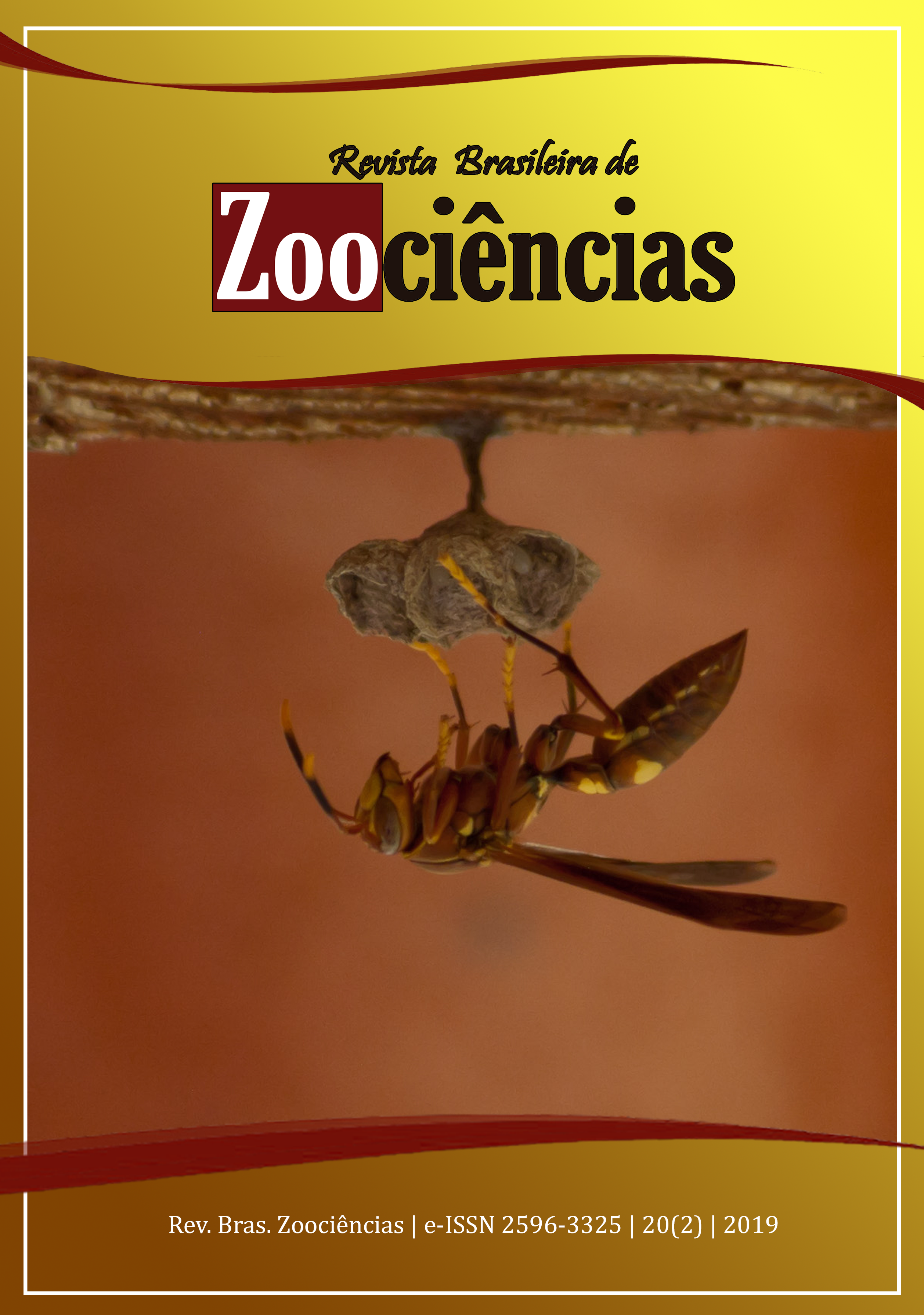Analysis of the cholesterol levels and influence of environmental enrichment on the behavior of parrots
DOI:
https://doi.org/10.34019/2596-3325.2019.v20.26785Keywords:
Birds, Captivity, Stereotyped BehaviorsAbstract
For wildlife species, when some natural demand is not kept in captivity, high levels of stress can be generated, conditions such as environmental stress, nutritional imbalances and clinical diseases are often difficult to detect in wild animals in captivity. With this, the use of enrichment tools and laboratory tests is crucial to evaluate these changes. The objective of this work was to analyze cholesterol levels and the behavioral response of psittacids submitted to different environmental enrichment techniques. The study was carried out at the headquarters of the 2nd Platoon of the 2nd Company of the 2nd Battalion of Military Environmental Police, in the municipality of São Miguel do Oeste, Santa Catarina, Brazil. Eleven psittacids from rescues or seizures were evaluated. Data collection was carried out between May 2018 and October 2018, for a total of 4h / day, from 1:00 p.m. to 5:00 p.m., the birds' express behavior was analyzed and recorded individually. The data were collected in three phases: pre-enrichment, enrichment and post-enrichment. In the 60 hours of observations were found seven behavioral categories, being six visual and two sonorous. Stereotyped classified behaviors decreased considerably with the application of environmental enrichment tools. The mean serum cholesterol level was 653.68 ± 87.60 mg dl-1, levels considered altered for this group of birds. It is concluded that individuals of psittacids evaluated had physical and behavioral conditions impacted by captive life and that the use of environmental enrichment showed a positive result, thus increasing their well-being and reducing stereotyped behaviors.



